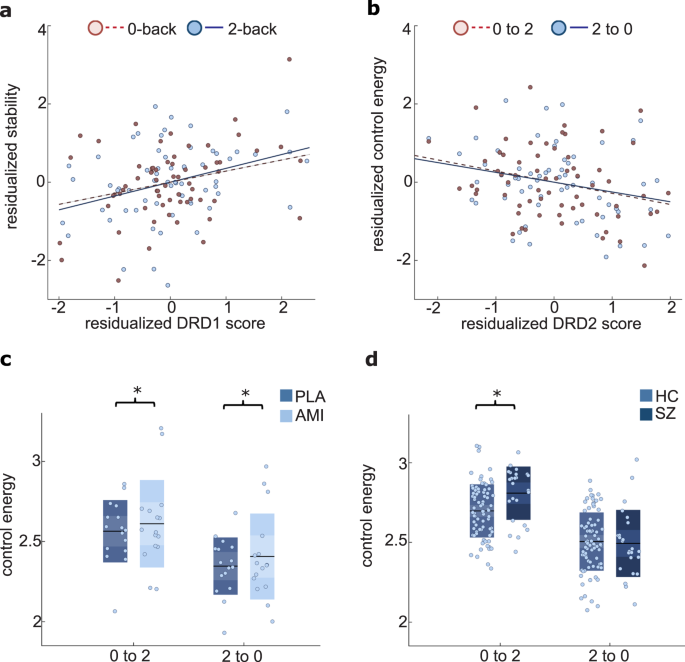

In fact, animal studies have shown that antidepressants do spur the growth and enhanced branching of nerve cells in the hippocampus. The answer may be that mood only improves as nerves grow and form new connections, a process that takes weeks. Experts have long wondered why, if depression were primarily the result of low levels of neurotransmitters, people don't feel better as soon as levels of neurotransmitters increase. Yet people typically don't begin to feel better for several weeks or longer. These medications immediately boost the concentration of chemical messengers in the brain (neurotransmitters). An interesting fact about antidepressants supports this theory. Researchers are exploring possible links between sluggish production of new neurons in the hippocampus and low moods. Stress, which plays a role in depression, may be a key factor here, since experts believe stress can suppress the production of new neurons (nerve cells) in the hippocampus. The more bouts of depression a woman had, the smaller the hippocampus. On average, the hippocampus was 9% to 13% smaller in depressed women compared with those who were not depressed. For example, in one fMRI study published in The Journal of Neuroscience, investigators studied 24 women who had a history of depression. Research shows that the hippocampus is smaller in some depressed people.

Areas that play a significant role in depression are the amygdala, the thalamus, and the hippocampus (see Figure 1). Use of this technology has led to a better understanding of which brain regions regulate mood and how other functions, such as memory, may be affected by depression. A PET or SPECT scan can map the brain by measuring the distribution and density of neurotransmitter receptors in certain areas. An fMRI scan, for example, can track changes that take place when a region of the brain responds during various tasks. Increasingly sophisticated forms of brain imaging - such as positron emission tomography (PET), single-photon emission computed tomography (SPECT), and functional magnetic resonance imaging (fMRI) - permit a much closer look at the working brain than was possible in the past. Still, their understanding of the neurological underpinnings of mood is incomplete. Researchers believe that - more important than levels of specific brain chemicals - nerve cell connections, nerve cell growth, and the functioning of nerve circuits have a major impact on depression. Certain areas of the brain help regulate mood. Science, though, tracks the seat of your emotions to the brain. Popular lore has it that emotions reside in the heart. What follows is an overview of the current understanding of the major factors believed to play a role in the causes of depression. And while researchers know more now than ever before about how the brain regulates mood, their understanding of the biology of depression is far from complete. One day, these discoveries should lead to better, more individualized treatment (see "From the lab to your medicine cabinet"), but that is likely to be years away. They've identified genes that make individuals more vulnerable to low moods and influence how an individual responds to drug therapy. Researchers have learned much about the biology of depression. With this level of complexity, you can see how two people might have similar symptoms of depression, but the problem on the inside, and therefore what treatments will work best, may be entirely different. There are millions, even billions, of chemical reactions that make up the dynamic system that is responsible for your mood, perceptions, and how you experience life. Rather, many chemicals are involved, working both inside and outside nerve cells. To be sure, chemicals are involved in this process, but it is not a simple matter of one chemical being too low and another too high.

It's believed that several of these forces interact to bring on depression. Rather, there are many possible causes of depression, including faulty mood regulation by the brain, genetic vulnerability, stressful life events, medications, and medical problems. Research suggests that depression doesn't spring from simply having too much or too little of certain brain chemicals. It's often said that depression results from a chemical imbalance, but that figure of speech doesn't capture how complex the disease is. Onset of depression more complex than a brain chemical imbalance


 0 kommentar(er)
0 kommentar(er)
